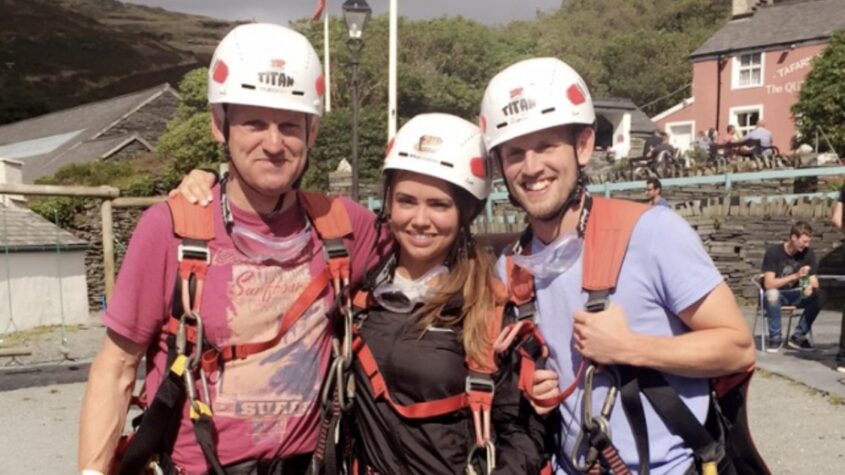Our open letter is now closed to new signers. You can still support the campaign by asking your elected representative to put pressure on our governments to take action. Email your elected representative now.
Finding out you have pancreatic cancer is shattering.
It is the deadliest common cancer. The brutal reality is that diagnosis comes far too late for most. Half of people die within three months of diagnosis.
That’s because something is missing. Unlike other cancers, right now, diagnosing people early is nearly impossible – GPs have no simple way of spotting the disease early enough for people to be saved. And research into the disease is vastly underfunded. Families are left with only hope to hold on to.
But hope is not enough. The disease must be detected sooner.
And it can be. Early diagnosis is the key to survival. Thanks to research breakthroughs, a test to detect pancreatic cancer is within reach. It would save thousands of lives every year.
Now, governments need to do more to make this a reality. More drive, more investment, more attention. So, we can give people with pancreatic cancer more than hope.
It’s time to unite, diagnose and save lives.
Sign our open letter now


